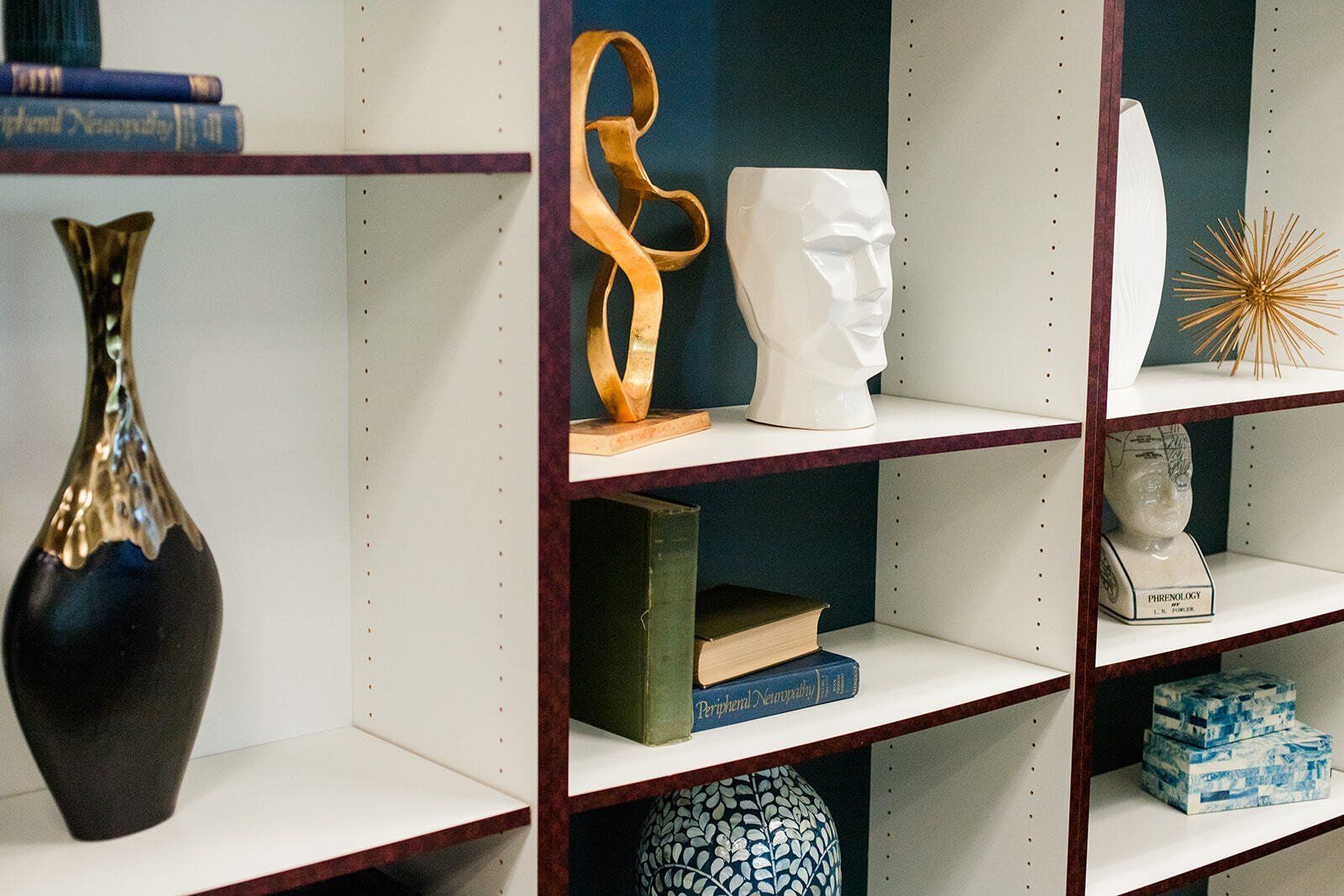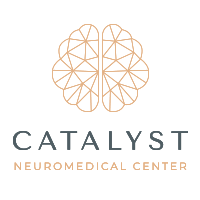FAQs about Nerve Conduction Study/Electromyography:
What is a NCS/EMG study?
An NCS/EMG study is a diagnostic study designed to electrically assess the health of your muscles and nerves. During the NCS portion, small electrode stickers are applied to the skin and your nerves are lightly stimulated to allow measurement of the speed and strength of nerve signals. During the
EMG portion, a very fine wire electrode needle is inserted into various muscles in order to record the normal electrical activity within the muscles.
Why is it done?
Your provider may order an NCS/EMG if you have signs or symptoms suggestive of a nerve or muscle disorder. Such symptoms include tingling, numbness, weakness, limb or muscle pain. Identifying where and how the nerves and muscles are affected can then direct care at appropriate treatment planning.
The study evaluates for the presence of:
- Disorders of muscles like muscular dystrophies, myopathies;
- Disorders affecting the connection between nerves and muscles like myasthenia gravis;
- Disorders of peripheral nerves including peripheral neuropathy, carpal tunnel syndrome;
- Disorders affecting the nerve roots from herniated disks within the spine or
- Disorders affecting the motor neurons within the spinal cord, such as amyotrophic lateral sclerosis.
Are there risks to a NCS/EMG?
The study is a low risk procedure and complications are rare. There is a very small risk of bleeding where the needle electrode is inserted. Patients may experience minor discomfort during the study but it should not result in any long term discomfort or damage to nerves or muscles.
How should I prepare for the study?
You may take your usual medications as scheduled with the exception of Mestinon (pyridostigmine), which can interfere with repetitive nerve stimulation. Please notify your EMG provider if you are taking any blood thinners. Take a bath or shower shortly before your study to remove oils from your skin and don’t apply lotions or creams before the examination.
What can I expect?
You will likely be asked to change into a hospital gown for the procedure and lie down on an examination table. Your hands or feet may be warmed to ensure accurate test
results. The neurologist or trained technician will perform the nerve conduction study portion of the test and the neurologist will perform the needle examination. Study results will be quickly reviewed and communicated to the referring provider, who will then discuss the report with you at a follow up appointment.



